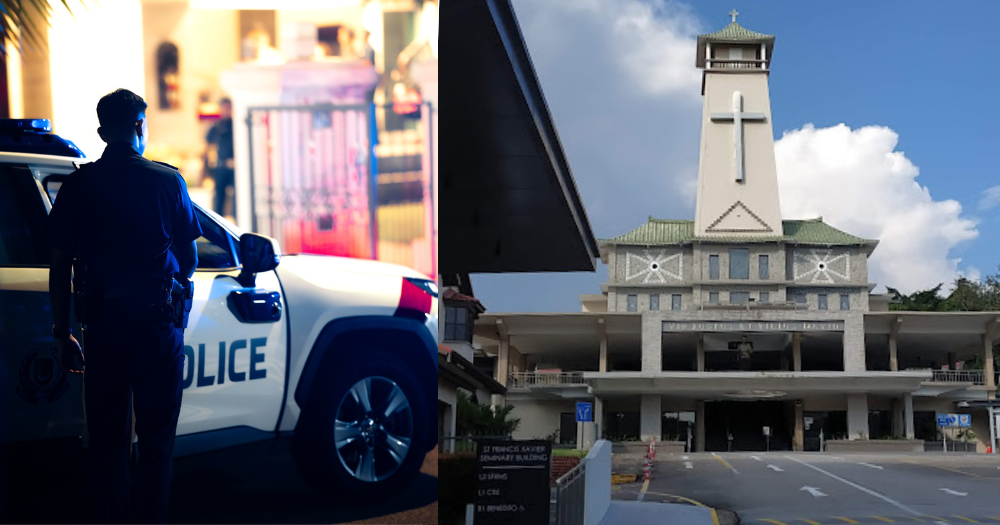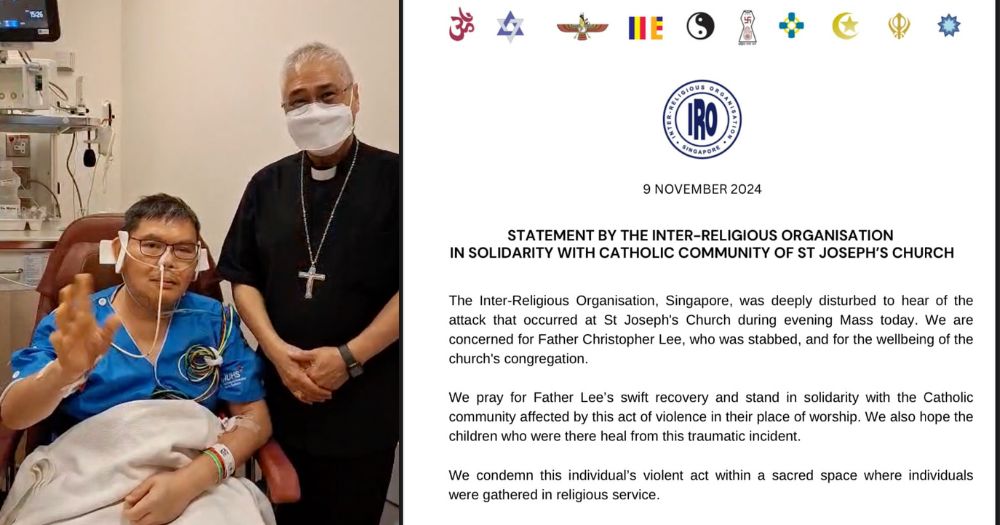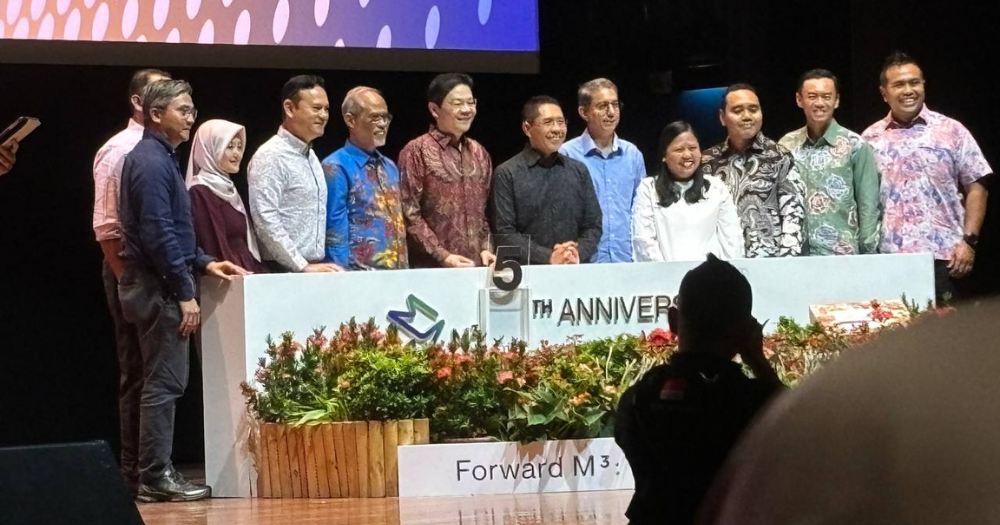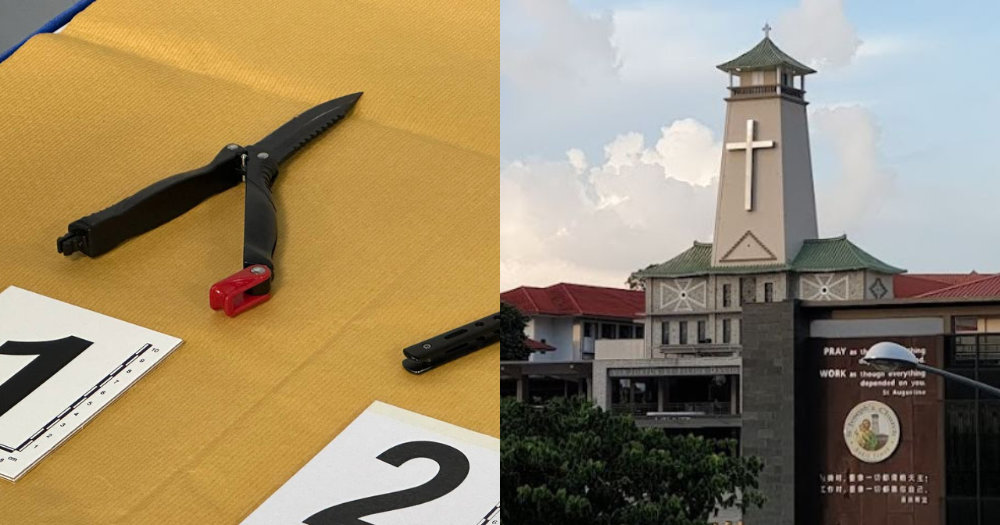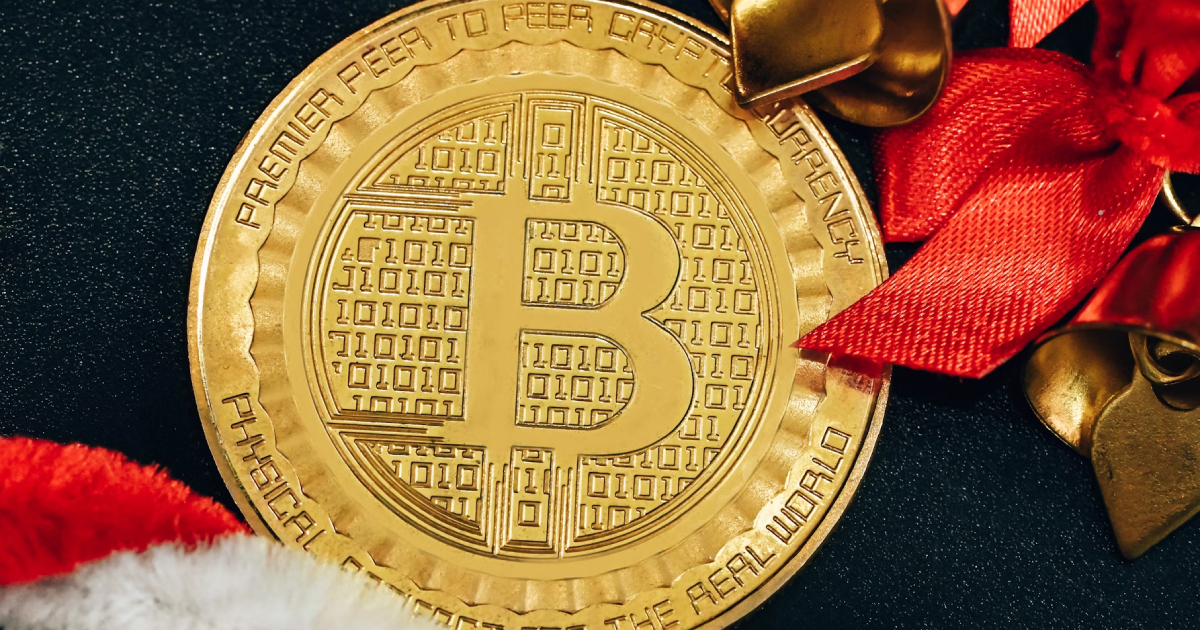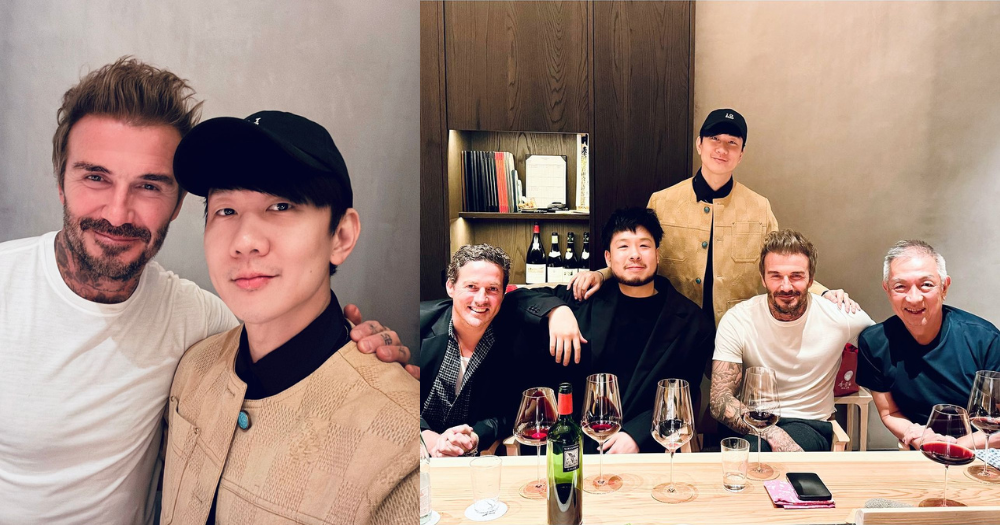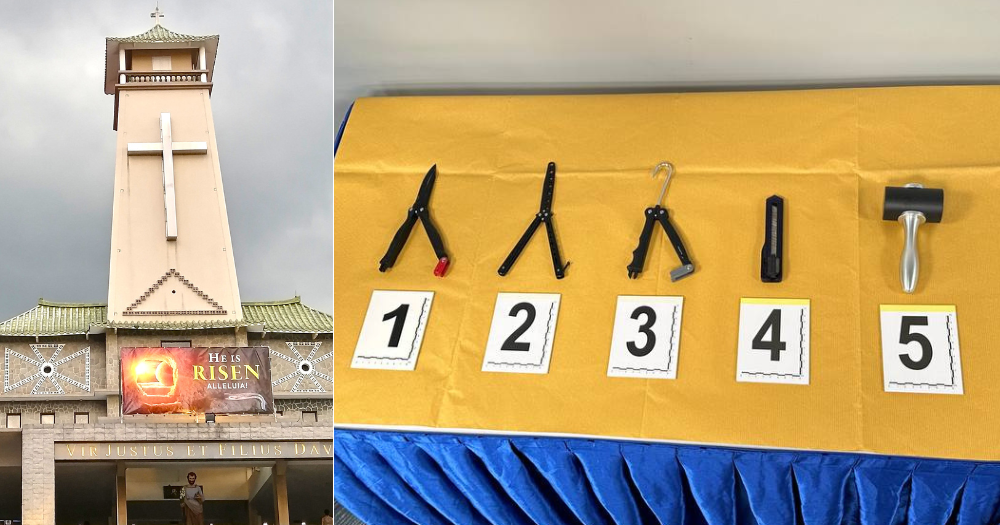Comment: Adapting to Trump 2.0 is easier if you are prepared like S'pore
The questions about Trump are more about if he'll do something, rather than what he'll do.
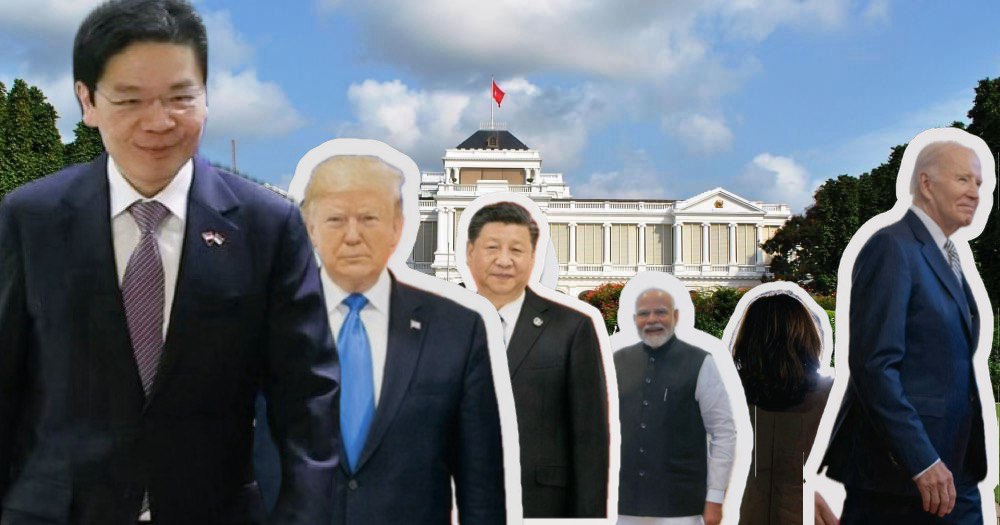
Former Ambassador Bilahari Kausikan has written and spoken extensively about the 2024 United States election in the past few months, but the TL;DR version is this post from Nov. 6.
 Screenshot via Bilahari Kausikan/Facebook
Screenshot via Bilahari Kausikan/Facebook
Yeah! Deal with it!
Sorry, I’m doing him a disservice, I’ll share the one with more detail.
 Screenshot via Bilahari Kausikan/Facebook
Screenshot via Bilahari Kausikan/Facebook
“Live with it world, adapt” is the most succinct way to describe Singapore’s strategy for the next four years and beyond when it comes to the Return of the Trump.
The long version of this is available in Bilahari's article on ThinkChina.
It does not say, adapt to Trump, it does not say adapt to China.
It just says adapt.
What it implies without saying is: Do or die.
Singapore will adapt
Singaporean leaders have been fending off questions about a second Trump administration for over a year now, steadfastly refusing to make predictions or proclamations.
And if you think this is the obvious path for them to take, perhaps.
However, consider the number of other countries that are in the midst of numerous diplomatic faux pas, because members of their government or party didn’t.
Australia’s ambassador to the U.S., who is a former prime minister, had to delete posts that denigrated Trump; the UK PM spent the week being grilled by his leader of the opposition about why he allowed his party activists to volunteer for Trump’s opponent, and about the damage that comments made by his foreign minister will cause.
Let’s not be unfair: the comments and actions were made in their private capacity, and people have the right to an opinion.
But it’s not helpful when the one they've insulted will become the most powerful man in the world.
Future imperfect
There was a moment, sometime in 2023, when Singapore’s government stopped talking about Donald Trump in the past tense, and started talking about him in the future tense.
Singaporean leaders are aware, or were made aware, that this day was coming, and that plans had to be in place for them.
But by November 2023, almost exactly a year before the U.S. election, then-Prime Minister Lee Hsien Loong was already fending off questions about what a second Trump administration would look like, and how it would affect U.S.-China relations.
Singaporean leaders have assiduously, purposefully, and pointedly refused to answer such questions, making it clear that they would work with all comers.
So when Nov. 6 came and a flood of world leaders emerged to congratulate Trump, Singapore’s leaders didn’t have to do it with a foot in their mouths.
PM Lawrence Wong confirmed as much later in the week during a press conference: “I think we will be able to continue to work well with the new administration.”
The bridge to Tariffbithia
The concern about Trump’s potential actions was not absent.
PM Wong also expressed worry about Trump II's potential policy, voicing concern about tariffs, and reminding anyone who was listening that Singapore had a long-standing and politically popular Free Trade Agreement.
But the concern about Trump involves tariffs, but it is not really about tariffs.
Let me explain.
Trump has threatened/promised to make tariffs a centrepiece of his economic strategy. 20 per cent globally, and up to 60 per cent for goods coming in from China.
The concern about tariffs is unsurprising, and it reveals the true issue the world will face with Trump II.
In the U.S., a second Trump administration means very real, very specific concerns, such as abortion rights or immigration.
Singaporeans may feel sympathy or schadenfreude, but that’s a different matter: our influence on those topics is very limited.
Hyperbolic parabola
Bilahari has said on numerous occasions that he considers this number to be hyperbolic, though he does expect some level of tariffs to be implemented.
Economic experts warn that the danger to the global economy will be catastrophic, but according to Bloomberg, few CEOs seem to veer more towards Bilahari’s way of thinking, low or no tariffs.
What is less clearly addressed is the fact that Trump's political coalition is far more organised now, and might be more able to bring about the changes that he’s been threatening.
The evidence for this is Project 2025, a relatively radical/reformist approach to a new administration. Delete the word you feel is appropriate, but the reason why you can is because those words are effectively synonyms.
While Trump distanced himself from Project 2025 before the election, some Trump supporters are certain that it will be the blueprint for his plans going forward.
This highlights the real problem with the Trump administration: eight years after he first became president, how is there still this much uncertainty about his actions?
And herein lies the real issue with Trump’s second administration: it’s the uncertainty.
Hinges are sold in pairs (they're not actually)
So how does Singapore deal with this?
Beyond being cold-blooded about the prospect of a second Trump administration, it has never allowed Singaporean foreign policy to hinge on a single power.
Singapore is hosting China’s leaders in the 20th edition of the Joint Council for Bilateral Cooperation, the two countries’ apex bilateral platform.
It’s the centrepiece of nearly 30 years of courting China at a time when people honestly believed that U.S. hegemony was here to stay.
As the election drama was playing out in the U.S. on Nov. 5 and 6, PM Wong was in Jakarta making his introductory visit to new president Prabowo Subianto.
While there, they talked up Asean unity, the single largest portion of PM Wong’s remarks.
The coincidence of timing is likely unintentional, but a great way to illustrate that regional partnerships and Asean are central to how Singapore intends to ride out the wave of the next four years and beyond, regardless of whether that wave is good or bad.
Look around
As I was discussing the topic with colleagues, I couldn’t help but be reminded of the comic book "Watchmen".
“When did I do it?” Ozymandias asks rhetorically. “I’m not a [cartoon] villain, I did it 35 minutes ago.”
Am I the only one thinking about the end of Watchmen when Ozymandias lays out his final plan?
"Do it?.... I did it thirty-five minutes ago."
We got worked on the #SCOTUS pic.twitter.com/kycARgEj3L
— Scott Isaacson 🥥🌴 (@smisaacs) July 1, 2024
The second best time to adapt to a second Trump administration is now. The best time was back in 2020.
The JCBC is a good illustration of what that strategy looks like, but so is our strong relationship with India.
What both countries share is the odd quirk of Singapore being their largest foreign investor, underlining Singapore’s determination to be deeply involved with both, at times when it was not obvious that those investments would pay off.
However, long-tailed investments with uncertain future payoffs are not solely applied to large future powers and regional blocs.
Singapore has invested deeply in groupings of small states, leading the way with the Global Governance Group, and the Forum of Small States.
These are long-term bets that smaller states will have to hang together, or will end up hanging separately.
Here we go again
This is what adaptation looks like for a state like Singapore.
Other countries in the region are also weighing their options, which is why I assume Malaysia, Indonesia, and Thailand are all in various states of consideration for BRICS.
Singapore’s outlook has always been compared to a "sampan" in the open seas.
And those seas look rougher than ever, with the potential of isolationist U.S. in conflict with its rivals and allies alike, but within are also opportunities, partnerships that might not have been considered in calmer waters.
Related stories
mothership.sg/2024/11/singapore-us-ftc-lina-khan/
Top image via Lawrence Wong/Facebook, Donald Trump/Facebook, Narendra Modi/Facebook, Kamala Harris/Facebook, Joe Biden/Facebook, & Wikipedia
MORE STORIES








